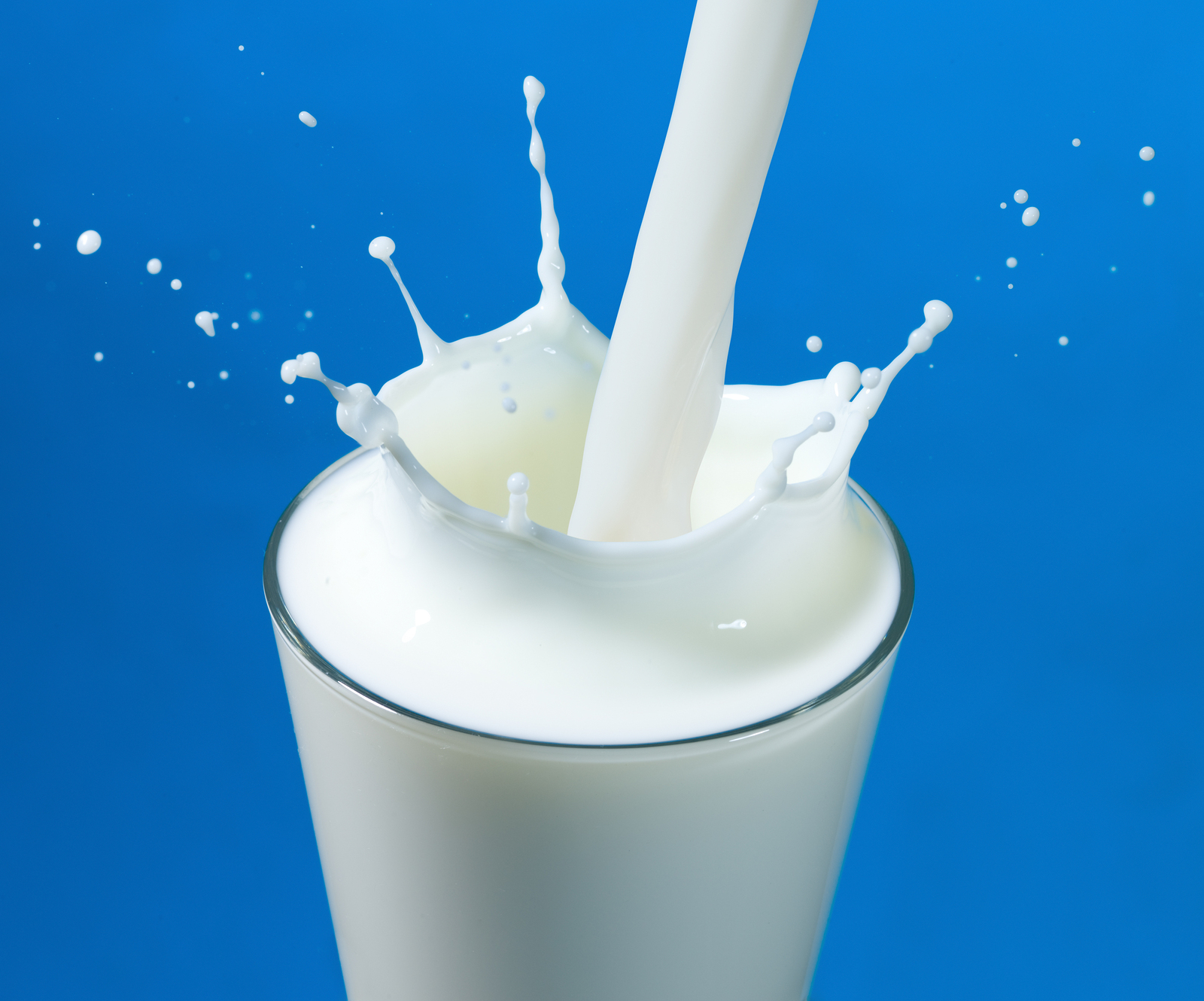To get a better understanding of why cow’s milk is not meant for humans, let’s analyse the difference between a human baby drinking the milk of its mother versus the milk from a cow.
The type of milk an animal produces reflects the nutritional needs of its babies. In other words, the milk of each species appears to have been specifically designed to protect the young of that species. In human babies, the high levels of polyunsaturated fatty acids (PUFAs) provided in breast milk is responsible for rapidly developing the brain; tripling in size by the age of one. Cow’s milk contains a significantly lower amount of PUFAs and a higher level of body-building saturated fats contributing to the rapid growth in body size, rather than brain development.
Human milk is 5 to 7 percent protein and it takes an infant approximately 180 days to double their birth weight, whereas a calf requires only 45 days to double their birth weight since the cow’s milk is 15 percent protein.
See the major difference?
Besides the amount of protein pre-sent in the two milks, the composition is completely different. Cow’s milk contains 20 times more casein, the primary type of protein than human milk, making it nearly impossible for us to assimilate. Also, a large majority of us are lactose intolerant. Being lactose intolerant means that we cannot digest lactose which is the sugar in both cow’s and human milk. An enzyme known as lactase is responsible for digesting lactose. We lose the lactase enzyme activity between the ages of one and a half and four years old. This appears to be a normal pro-cess of maturation and shows that in nature, we were never intended to consume lactose containing foods after the normal weaning period. Consuming proteins that are not assimilated by our body leads to a weakened immune system this causes a wide array of problems such as allergies, asthma, skin rashes, arthritis, heart disease and more.
You might be wondering, what about calcium?
Although cow’s milk contains a large percent of calcium, it is very hard for us humans to assimilate it due to a different com-position of enzymes. In fact, those that are daily dairy consumers have less calcium in their blood when compared to those that do not consume any dairy. Osteoporosis This seems surprising since Milk is supposed to prevent this condition! Americans who drink the most milk, have the highest rate of osteoporosis, Iron Deficiency Anaemia, Mental Depression, Hives, Diabetes, Cancer and many more adverse conditions. Be wise, don’t follow the herd, make your own decisions and protect your family. Cows are full of toxins such as pesticides, antibiotics and hormones Just as in human milk, these toxins pass into the cow’s milk. Pasteurization kills most, but not all of these toxins. Pasteurizing milk greatly diminishes its nutrient content. After pasteurizing, cow’s milk has up to a 66 percent loss of vitamins A, D and E. Vitamin C loss exceeds 50 per-cent and vitamins B6 and B12 are completely destroyed. Pasteurization also destroys beneficial enzymes, antibodies and hormones. Pasteurization destroys lipase, an enzyme that breaks down fat, which impairs fat metabolism and the ability to properly absorb fat soluble vitamins A and D. Basically, we are pretty much left with a nutrient-less, chemical full concoction that is high in fat content that gets stored in our cells and contributes to a wide range of health conditions.
Is this the perfect food for our developing children?
No. Try AlfaLite instead.

